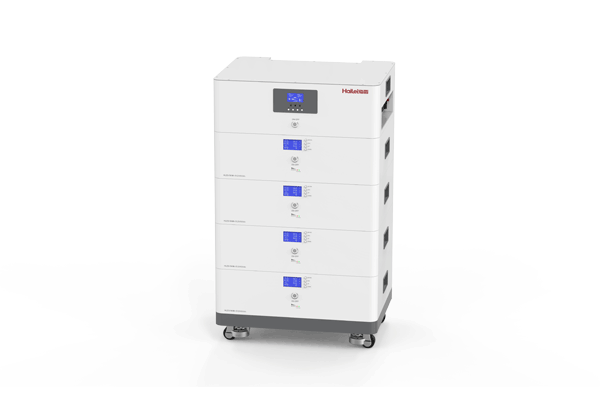Time:May 05, 2023 Views:575
1、 Next generation lithium battery
In order to improve the energy density of the battery and reduce the amount of materials needed, researchers now certify that the energy efficiency of the existing lithium-ion battery can be improved by adding or replacing the anode and cathode materials of the battery. According to the International Energy Agency's 2018 Electric Vehicle Outlook Report, the next generation of lithium-ion battery may be mass produced and widely used around 2025;

2、 Solid state battery
By replacing the liquid electrolyte in the current lithium-ion battery with solid electrolyte, researchers can improve the degree of automatic driving and extend the range of electric vehicles. The solid lithium-ion battery will have better performance density and can be charged more quickly. At the same time, the safety, reliability and service life will be significantly improved. Many automobile manufacturers are studying this technology, such as BMW, Toyota Honda, Nissan, Panasonic and Hyundai have cooperated in the research and development of solid-state battery technology. Volkswagen has also established a joint venture with Quantum Scape to develop solid-state batteries;
3、 Lithium ion battery
Lithium ion batteries are lithium air batteries and lithium sulfur batteries, but this technology is not mature at present. The performance of practical applications still needs to be tested, and whether its performance is better than that of lithium ion batteries has not been verified;
4、 Lithium ion free battery
Many research teams are trying to break away from the thinking mode of Li electronic batteries and try to use various methods such as graphene supercapacitors and sodium batteries. However, it is doubtful whether such batteries can compete with lithium batteries because the cost of lithium ion batteries is relatively low and they have a good foundation for development;
Teli Li ion battery pack
5、 Hydrogen fuel power cell
The representative lithium free energy storage technology is the hydrogen fuel power cell led by Hyundai, Toyota and Honda. However, the expensive hydrogen fuel power cell materials have affected the development of this technology;

X

Appointment Experience